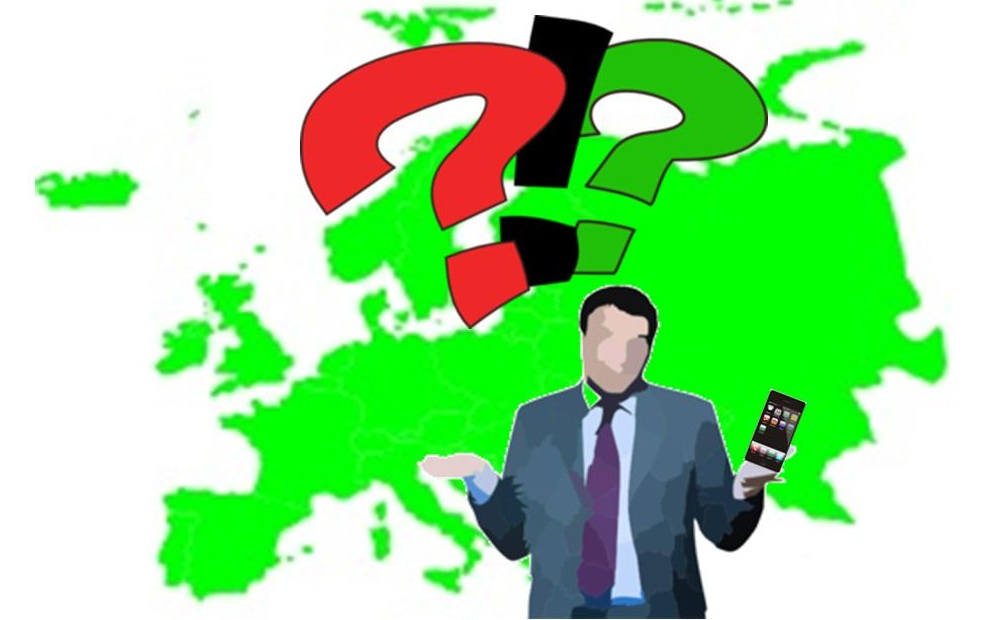Mobile commerce is beginning to blend with marketing
Mobile technology is beginning to have a major impact on marketing and commerce around the world. Consumers are beginning to rely more heavily on their smartphones and tablets, allowing them to participate in commerce in new ways and experience advertising in a way they never have before. A new report from the Yankee Group aims to highlight the affects that mobile technology is having on these two fields. The report addresses the emerging trends that are being seen in the mobile commerce and mobile marketing arenas.
Report highlights the poor performance of loyalty programs
According to the report, some 40% of consumers make use of some kind of mobile shopping application or mobile coupons. While consumers are interested in shopping apps and coupons, the mobile loyalty programs that exist today are not having the impact on consumers that brands are hoping for. The report suggests that brands will have to take the mobile space more seriously if they want their loyalty programs to succeed in the future.
 Mobile marketing beginning to play a bigger role with larger companies
Mobile marketing beginning to play a bigger role with larger companies
The report also notes that mobile marketing is beginning to play a major role with large companies. These companies have taken note of the increasing importance of mobile technology and have been making moves to engage consumers in a new way. These companies have also been showing strong interest in mobile commerce, and some have begun to introduce marketing elements into their mobile commerce applications in order to better engage consumers.
Mobile commerce set for rapid evolution in the future
The report suggests that mobile commerce is set to evolve at a rapid pace. That is to say that mobile commerce may operate in a different fashion than it does today. New regulations and business practices could make mobile commerce more convenient for consumers. The report suggests that the further integration of marketing, as well as social networking, with mobile commerce is likely to continue well into the future.

 Europe 500 aims to solve the language problem
Europe 500 aims to solve the language problem